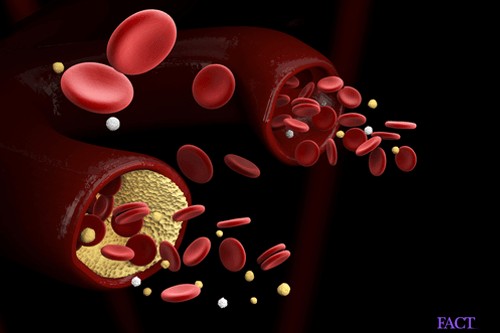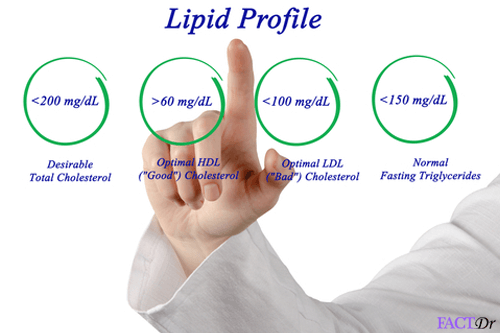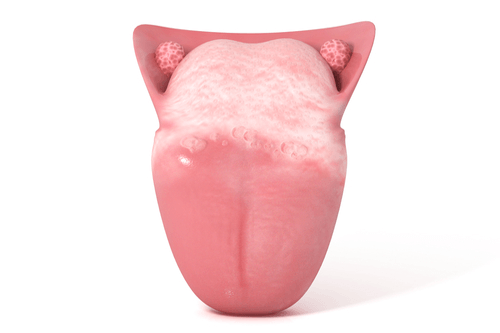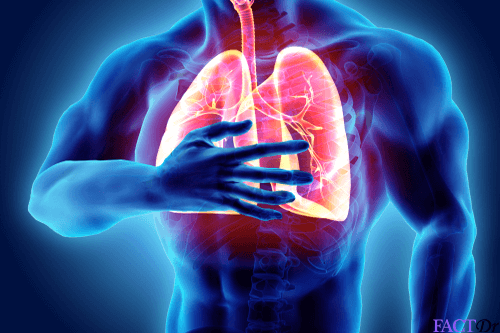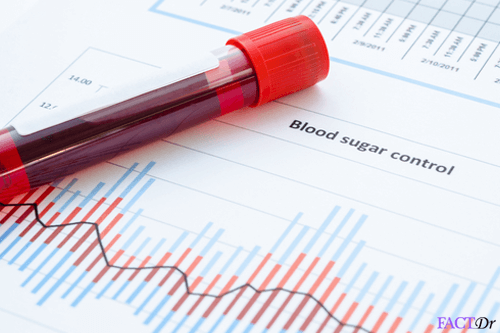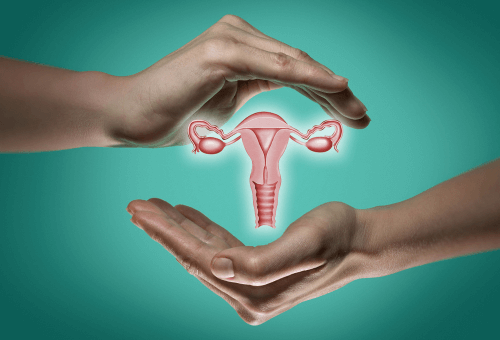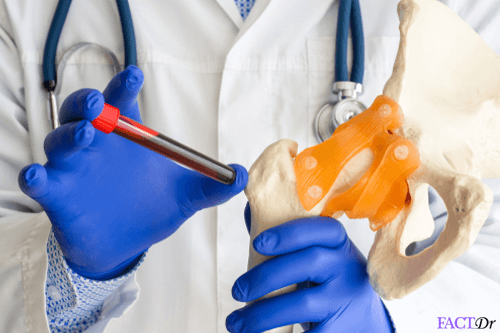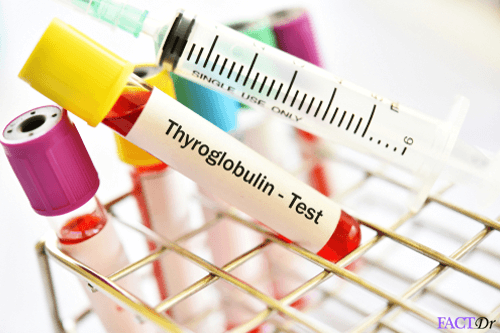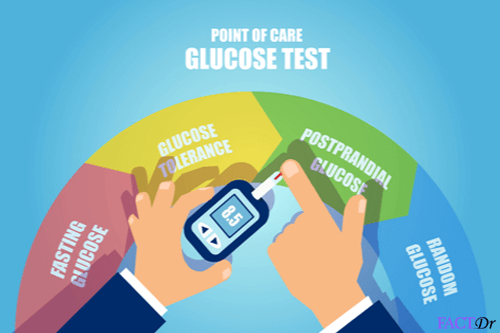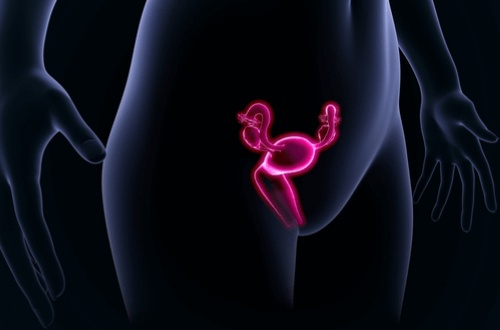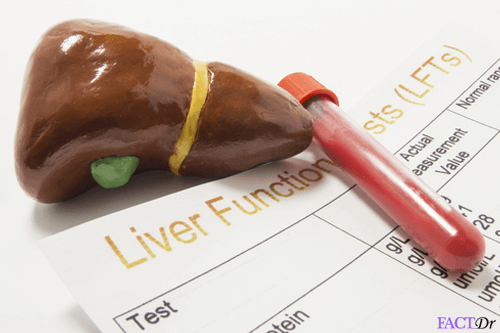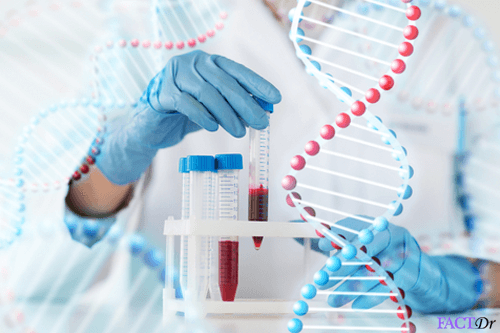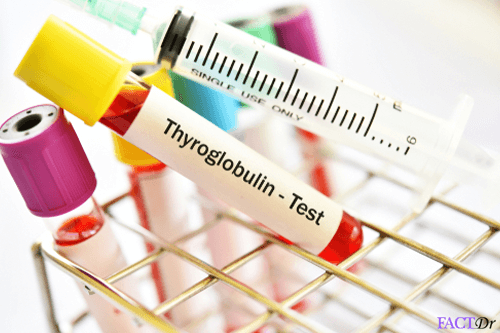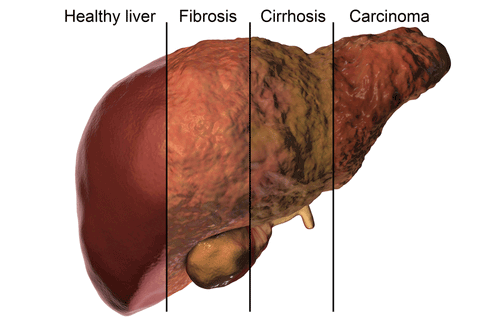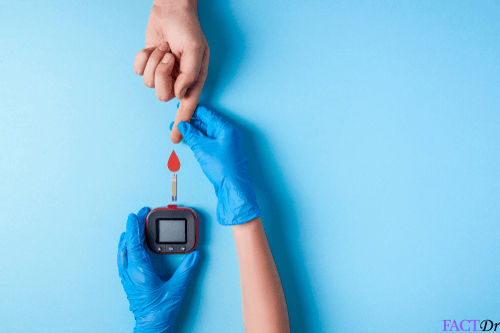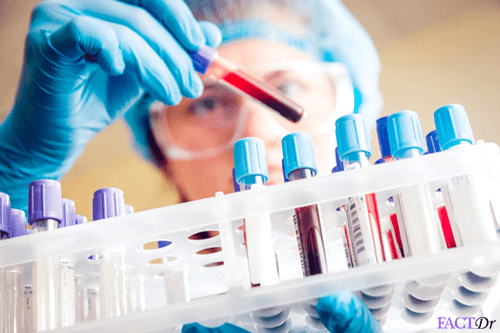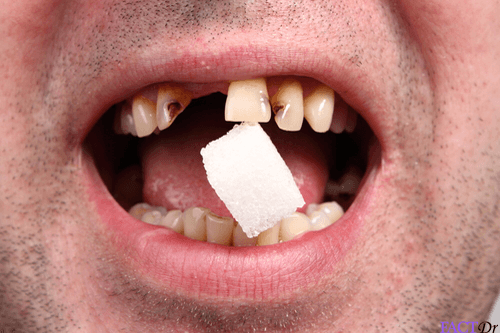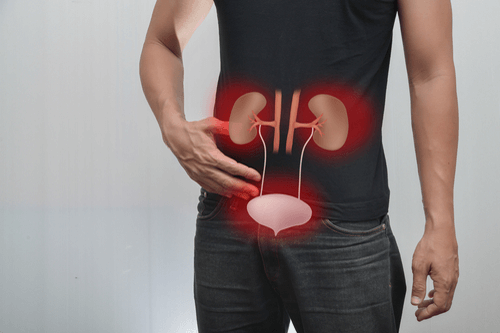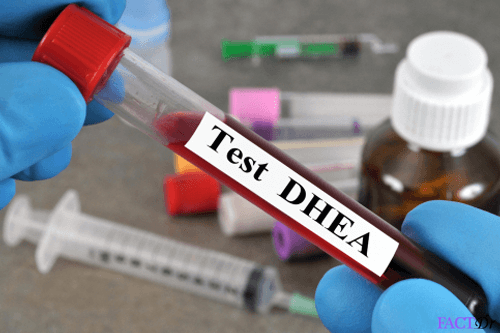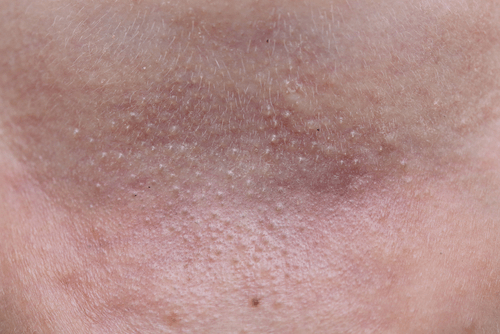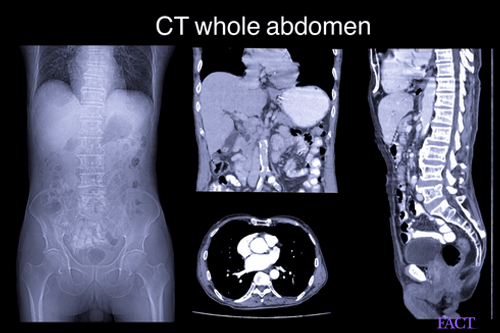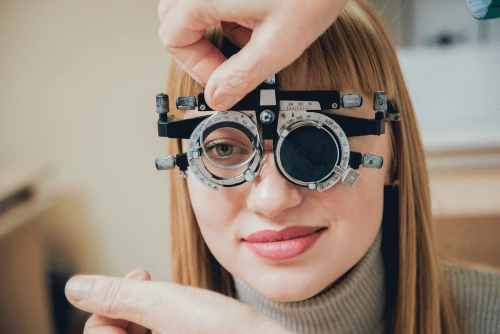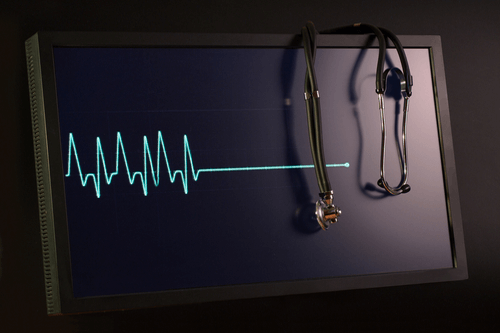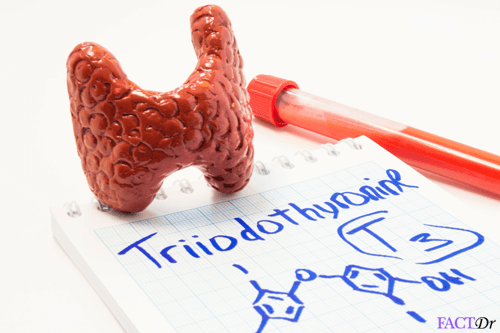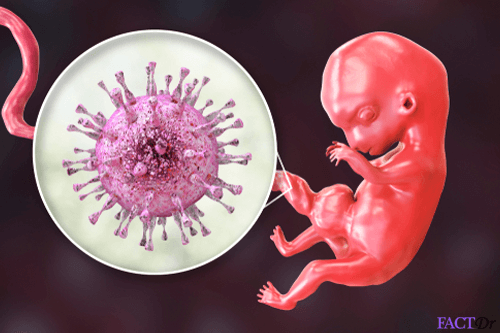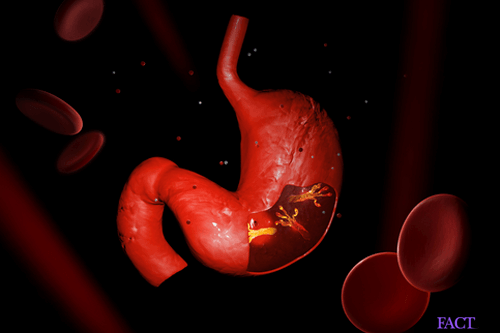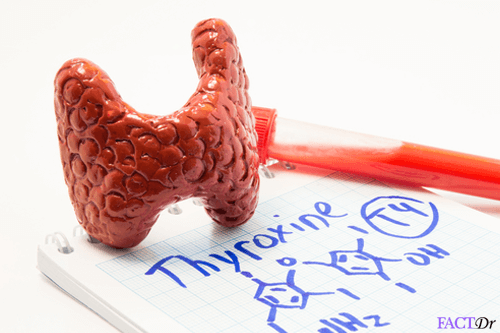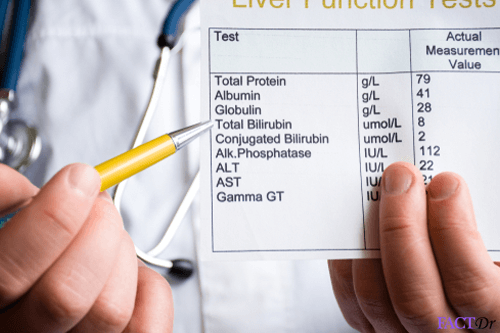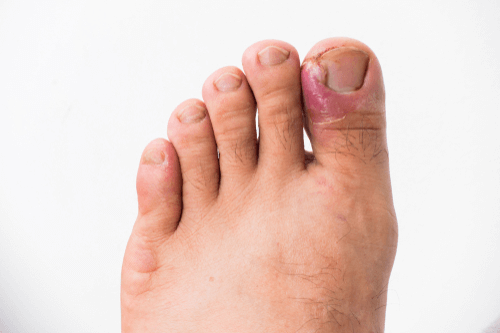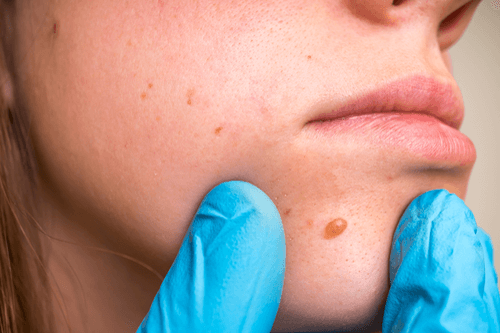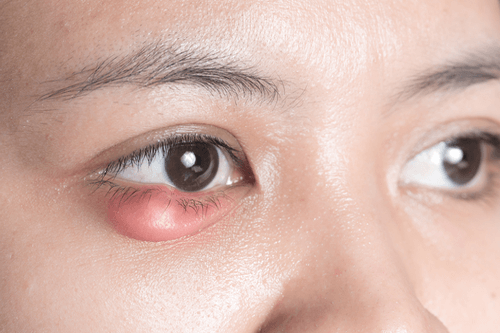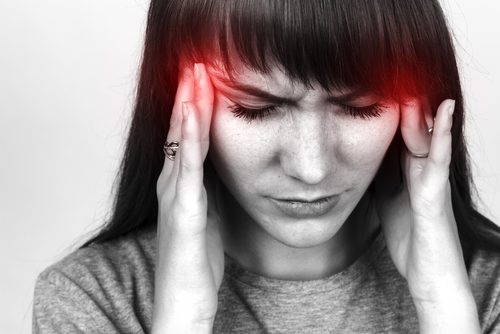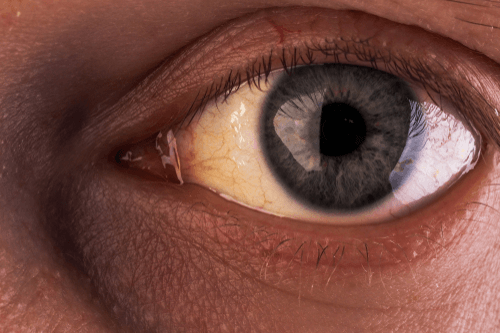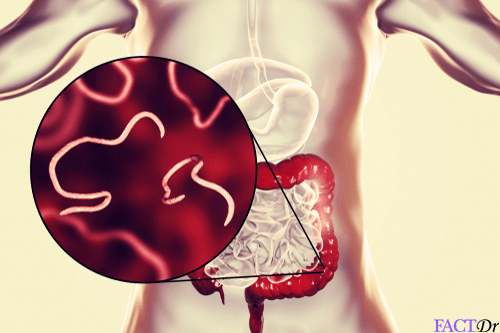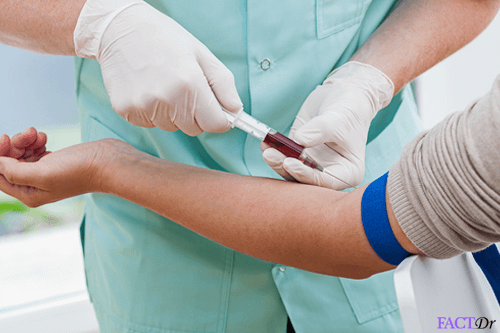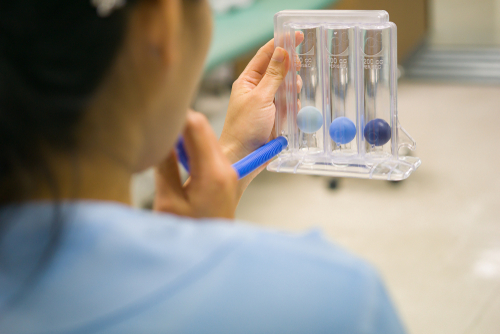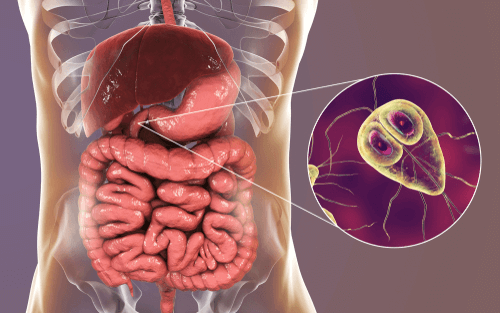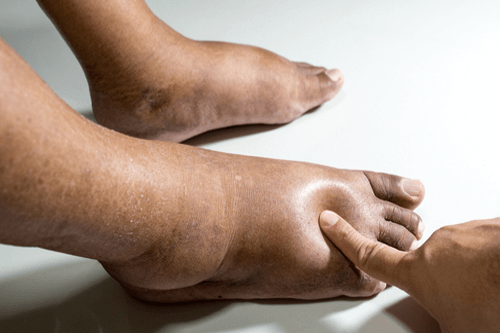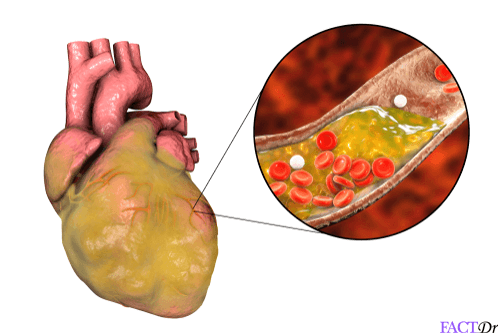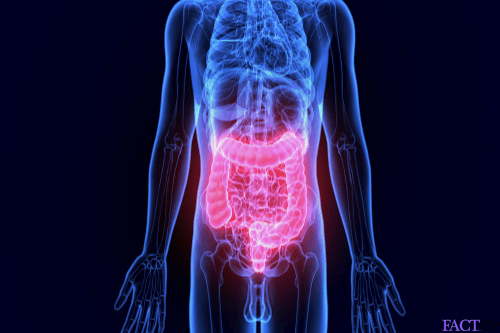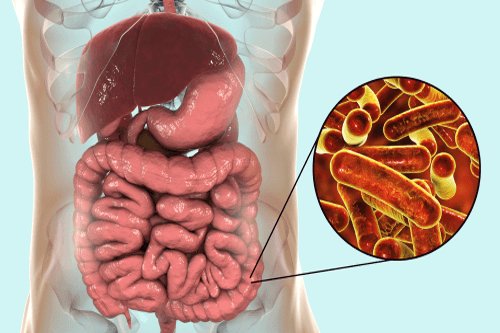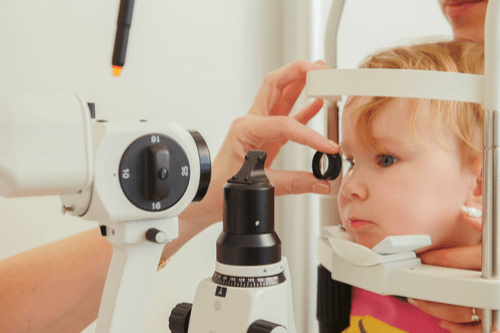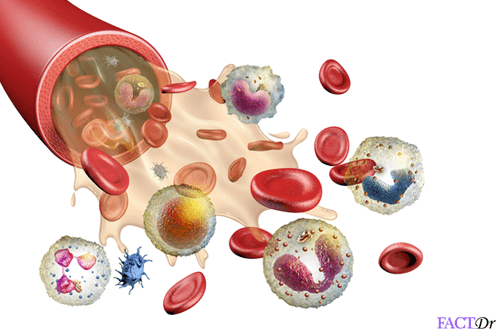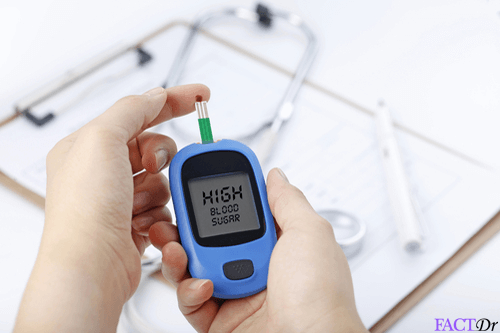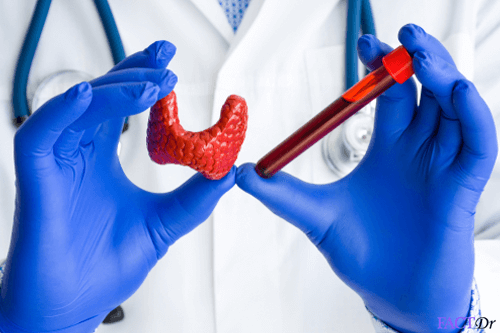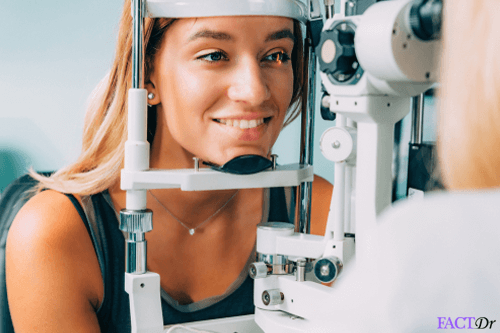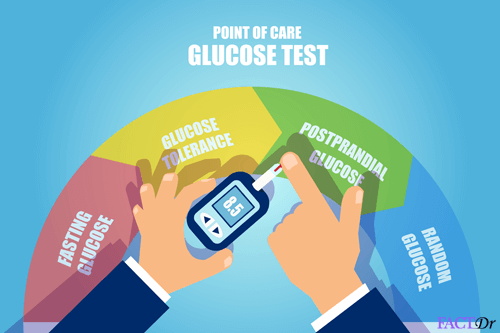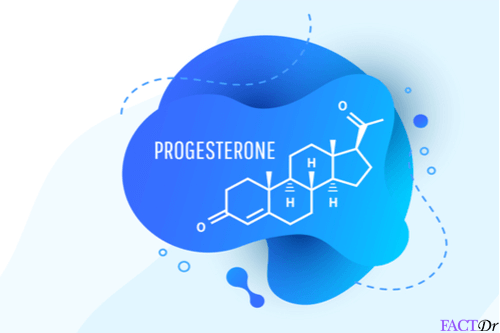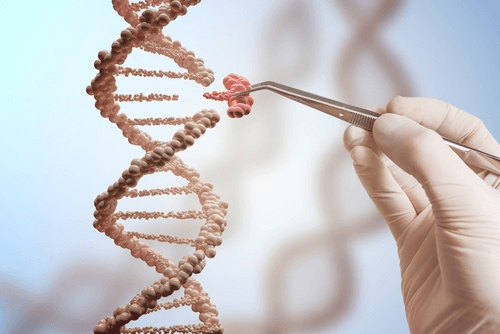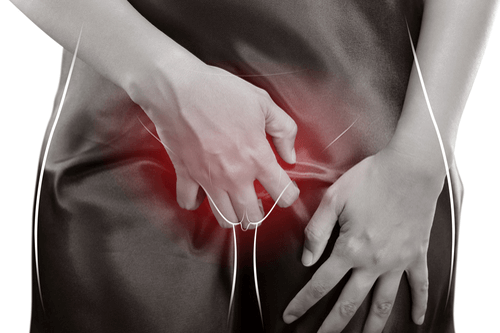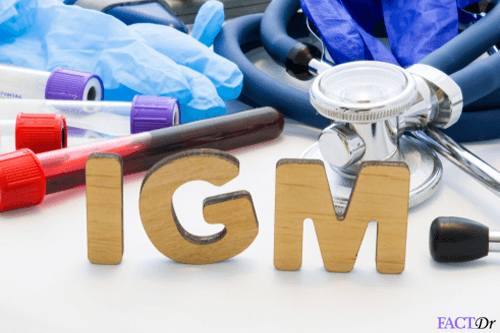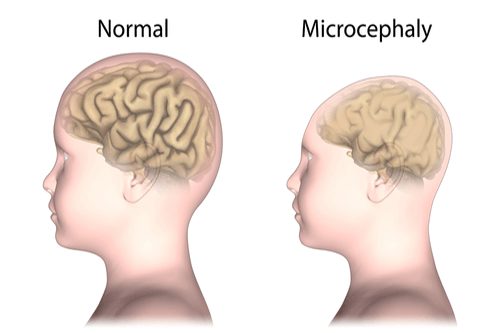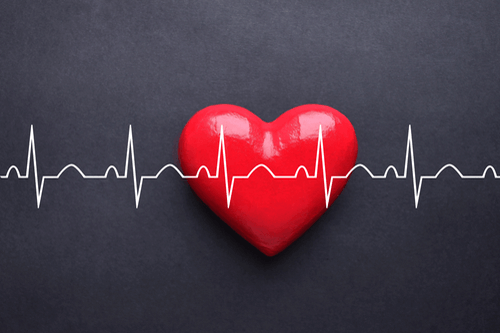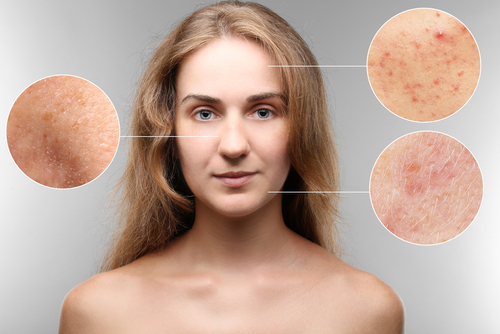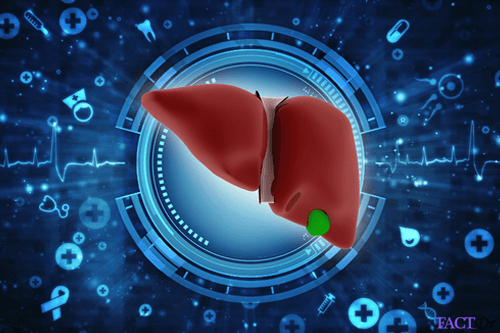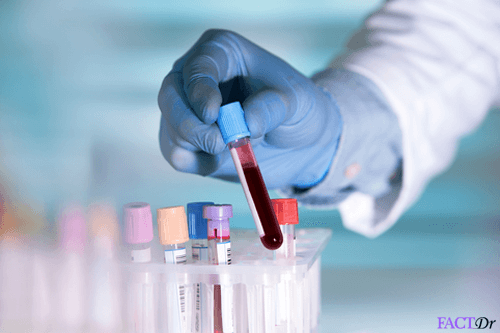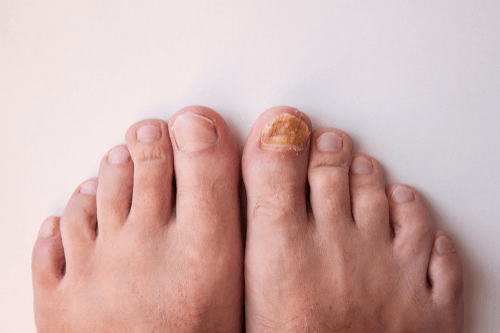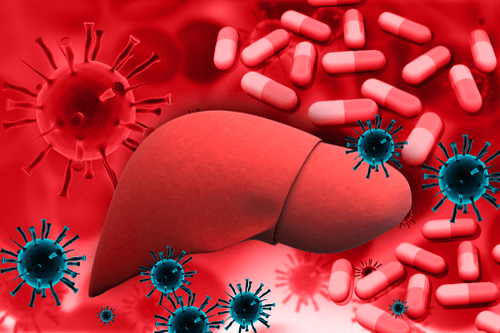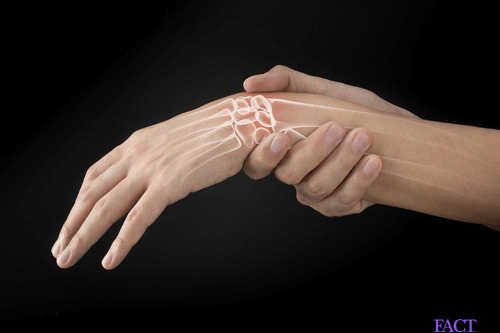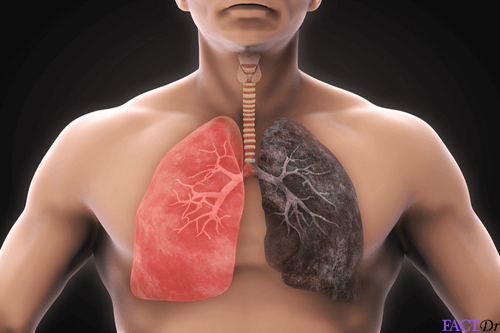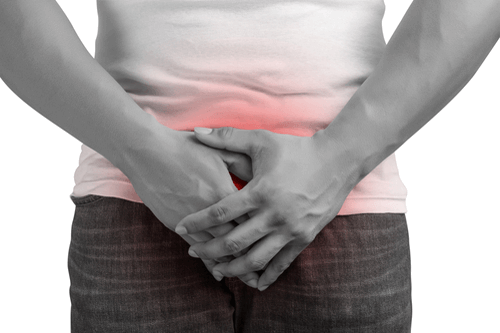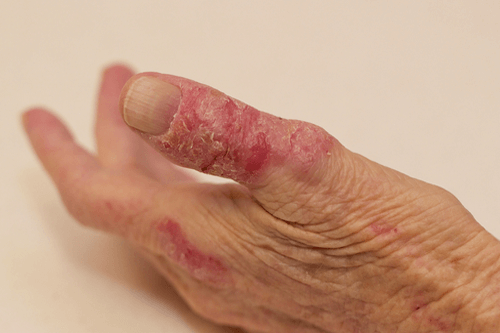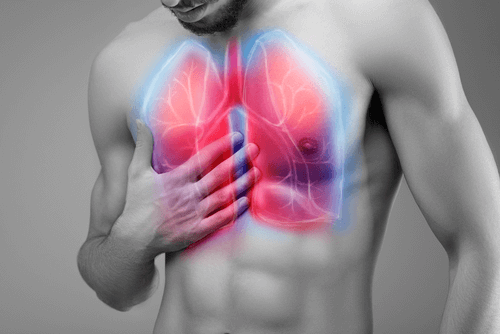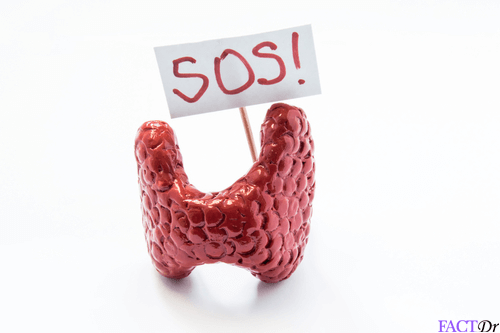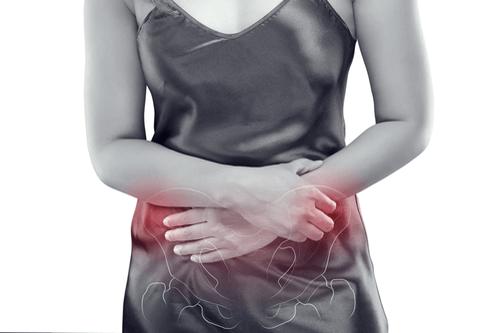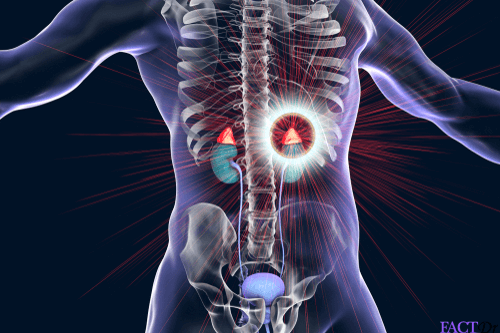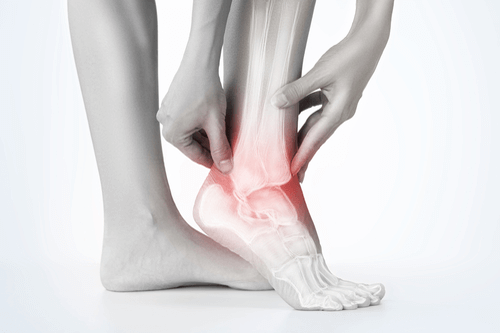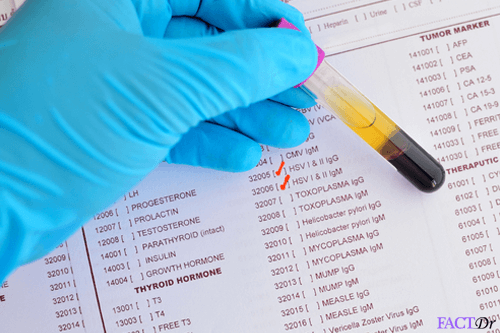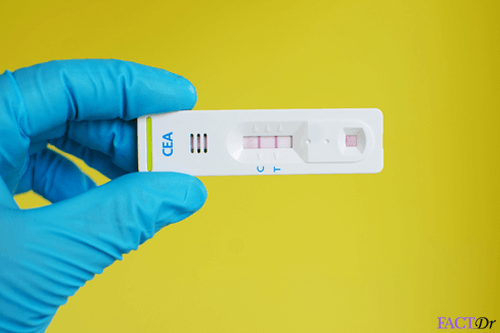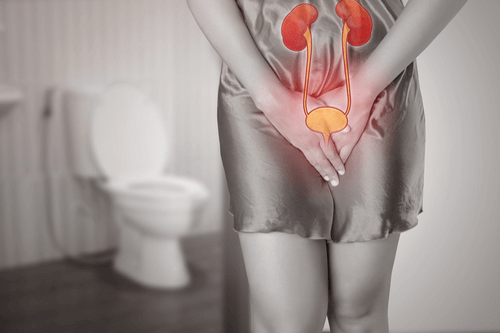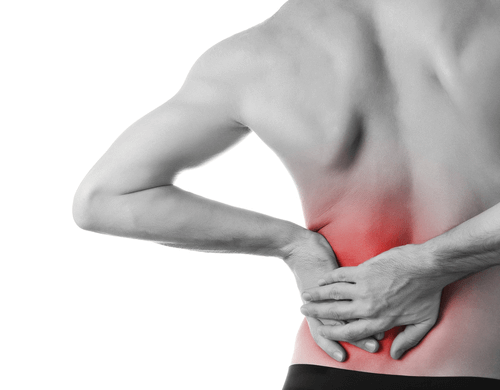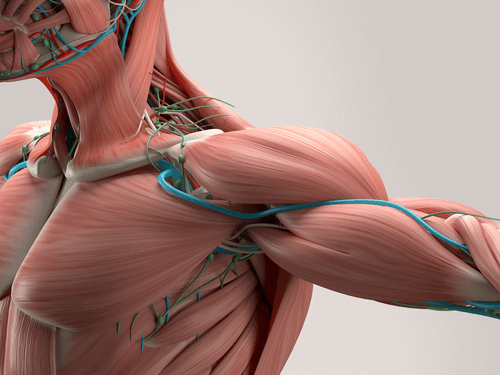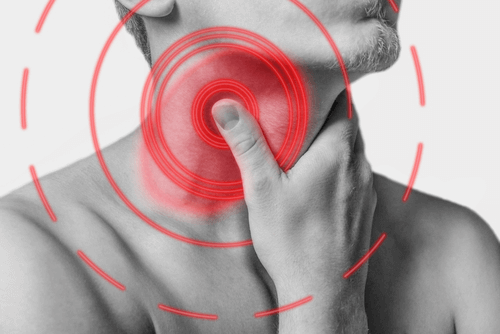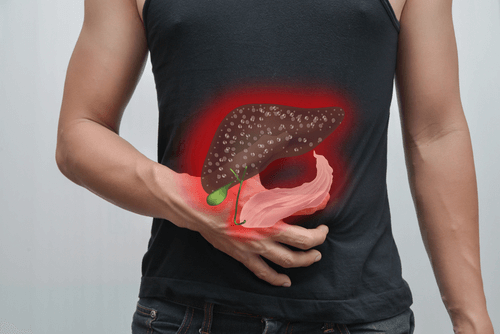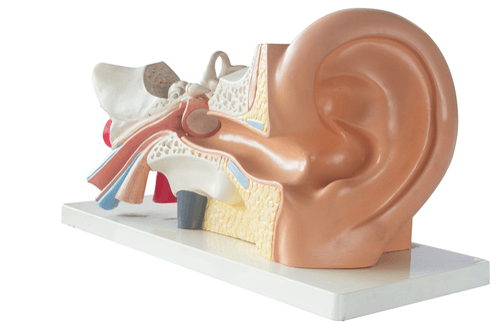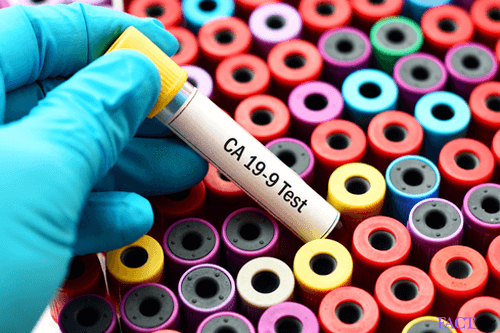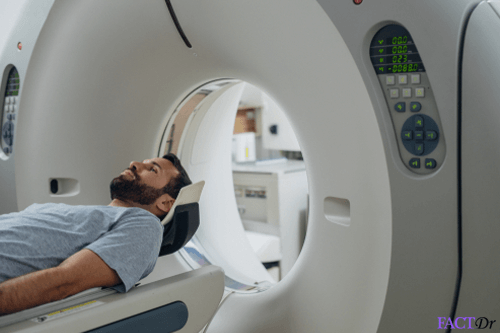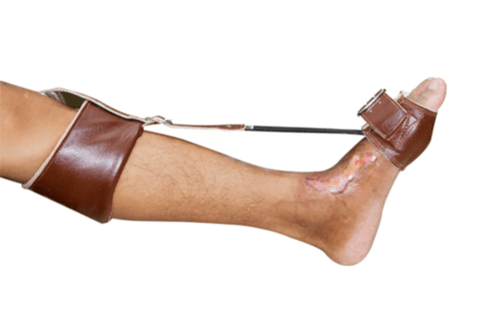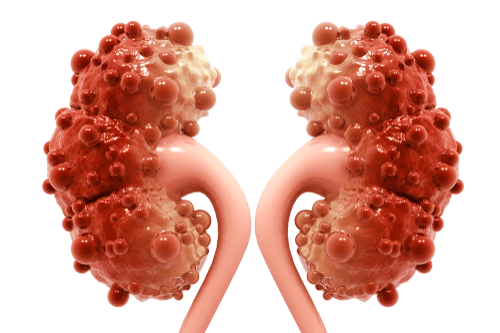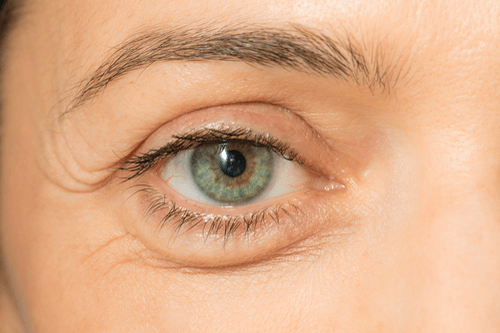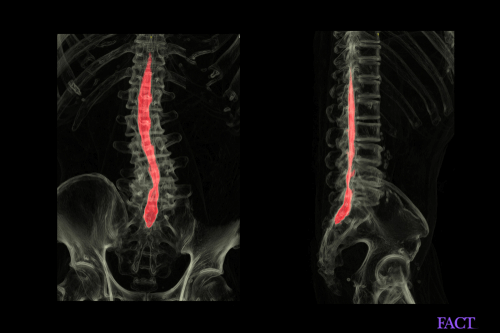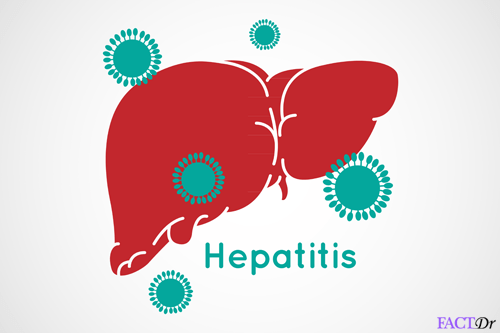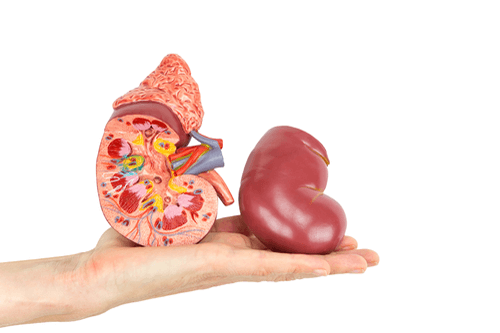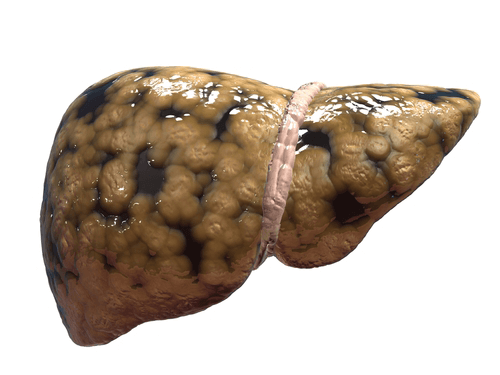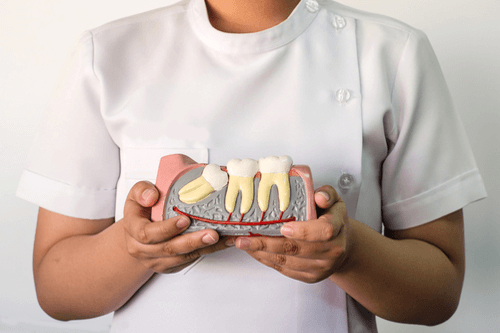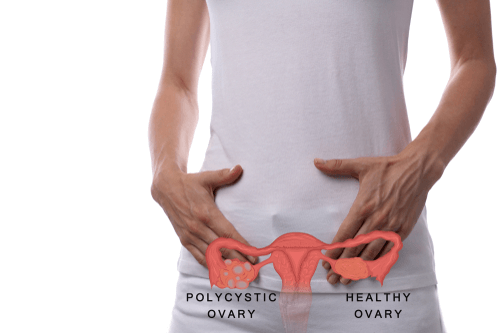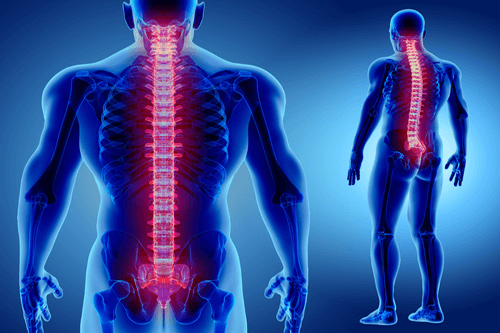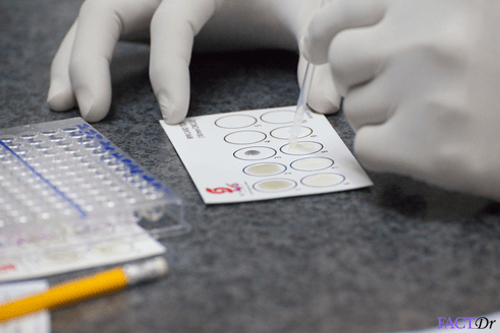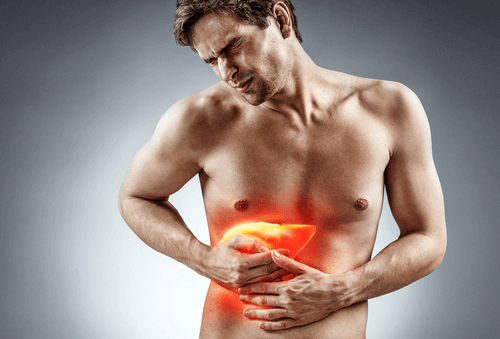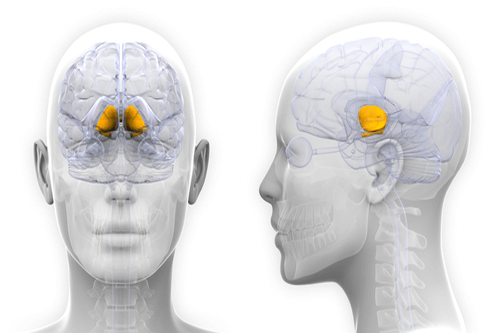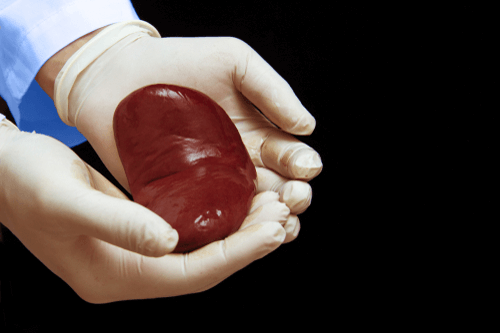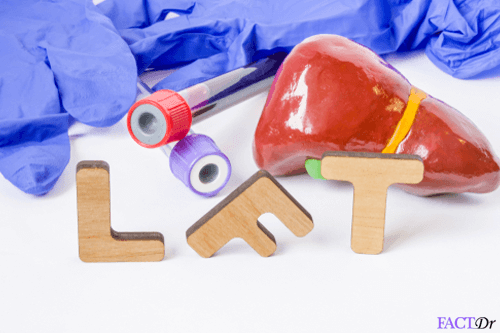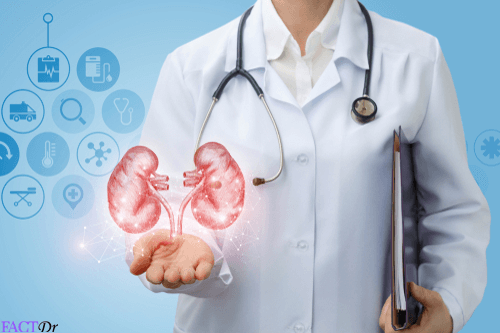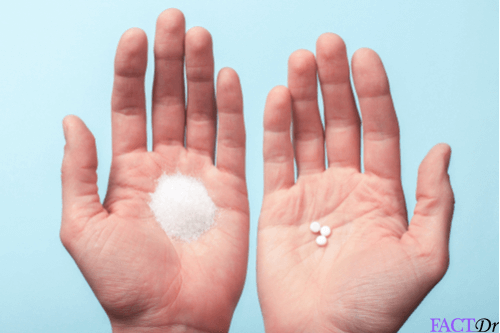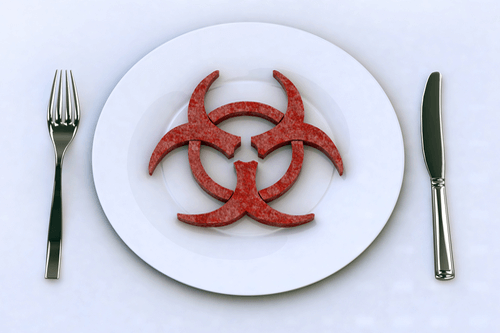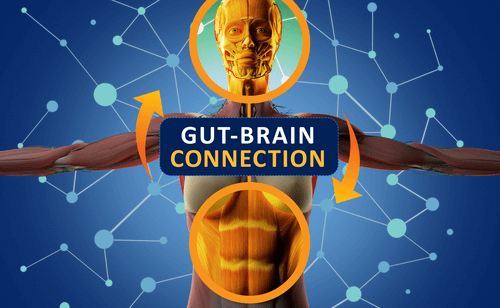Last Updated December 20th, 2021
What is vitamin D3?
It is a fat-soluble vitamin that is produced in the body naturally. The main function of vitamin D3 is for the absorption of calcium and phosphorus. A right balance of vitamin D3, calcium, and phosphorus is essential for the development and maintenance of strong bones. Vitamin D is essential to prevent softening and weakening of bones and these medical conditions are called rickets and osteomalacia.
Vitamin D can be naturally produced by the body when the skin is exposed to sunlight for a substantial amount of time. Vitamin D with a combination of calcium is used to treat and prevent the bone loss that is medically diagnosed to be osteoporosis. It is helpful to treat certain disorder caused by low levels of calcium or phosphate namely pseudohypoparathyroidism, hypoparathyroidism, and familial hypophosphatemia. The supplements are prescribed to breastfed infants due to the lack of vitamin D in breast milk.
 Many aspects affect the production of vitamin D naturally in the body including sunscreen, protective clothing, limited exposure to sunlight, dark skin, and age. Deficiency is prevalent in people with digestive problems. Many of the disorders associated with digestive problems include celiac disease, Crohn disease, and liver problems. People who are deficient in vitamin D3 have an option of supplementing them artificially. These supplements show high benefits when consumed after a meal.
Many aspects affect the production of vitamin D naturally in the body including sunscreen, protective clothing, limited exposure to sunlight, dark skin, and age. Deficiency is prevalent in people with digestive problems. Many of the disorders associated with digestive problems include celiac disease, Crohn disease, and liver problems. People who are deficient in vitamin D3 have an option of supplementing them artificially. These supplements show high benefits when consumed after a meal.
Vitamin D dosage depends on the medical condition, age, diet, sun exposure, and the response to treatment. The absorption can be reduced due to the interaction of certain medications namely cholestyramine/colestipol as well as orlistat. It is advised to take the medication regularly to gain maximum benefits from it. A healthy diet, when followed during supplementing with vitamin D, can create wonders by changing body metabolism and producing fast results.
What is the maintenance dosage of vitamin D3?
The adequate nutritional dosage of Vitamin D can be achieved by measuring the 25-Hydroxyvitamin D level. The concentrations of 25-Hydroxyvitamin D should be at least 75 to 80 nmol/L (30-32 ng/mL). Different individuals will require a different amount of vitamin D.
The health department recommends 8.5 mcg to 10 mcg of vitamin D a day for children in the age group of around 1 year and children above 1 year of age are required to have vitamin D dosage around 10 mcg a day. Many factors also do contribute to the amount of vitamin D supplementation a person requires such as sun exposure, clothing, as well as the skin type. A general maintenance dosage of vitamin D3 include:
- Children and teens: 600 IU
- Adults up to age 70: 600 IU
- Adults over age 70: 800 IU
- Pregnant or breastfeeding women: 600 IU
What are the symptoms of vitamin D3 deficiency?
Vitamin D deficiency can lead to many health problems and doctors can diagnose vitamin D deficiency by performing a simple blood test. Some of the signs and symptoms associated with the deficiency include:
- The general sense of not feeling well, tiredness, aches, and pains.
- Since vitamin D deficiency can cause weakened and soft bones, it can cause bone or muscle pain. This may lead to difficulty in climbing stairs, getting up from a sitting position, as well as an imbalance in ambulation causing a waddling gait.
- Weakened and soft bones lead to stress fractures, especially in the legs, pelvis, and hips.
What are the benefits of vitamin D3 intake?
 Vitamin D3 has numerous functions associated with the human body. It is by far the most vital vitamin required to regulate the absorption of calcium and phosphorus to promote normal immune system function. Consuming the right amount of vitamin D is essential for normal growth and development of bones as well as providing resistance against deadly diseases.
Vitamin D3 has numerous functions associated with the human body. It is by far the most vital vitamin required to regulate the absorption of calcium and phosphorus to promote normal immune system function. Consuming the right amount of vitamin D is essential for normal growth and development of bones as well as providing resistance against deadly diseases.
A low level of vitamin D can lead to developing bone abnormalities such as soft bones (osteomalacia) or fragile bones (osteoporosis). In addition to its primary benefits, vitamin D may also play an important role in reducing the risk of multiple sclerosis, decreasing the chance of developing heart disease, and helping to reduce the likelihood of developing flu. Let us discuss in depth the advantages of vitamin D3 on the human body.
Reduces depression
It has been studied by many researchers that vitamin D has a direct effect in regulating mood and warding off depression. Studies have proven that people who were suffering from depression had been prescribed vitamin D supplements for a particular amount of days and they have noticed an improvement in their symptoms of depression. Another study also found vitamin D deficiency was more common in those who were experiencing anxiety and depression.
Boosts weight loss
Adding vitamin D supplements to the diet can help a person to lose weight. Studies have shown that people supplementing daily calcium and vitamin D supplements were able to lose more weight compared to others who were not on vitamin D supplements. Studies have also indicated that extra calcium and vitamin D had an appetite-suppressing effect.
Prevents and treats osteoporosis
The depletion of bone strength leading to weakened and soft bones and subsequently leading to low bone mass is called osteoporosis. We have already discussed that vitamin D3 promotes the absorption of calcium and phosphorous from the stomach and helps in the proper functioning of the minerals. Calcium and phosphorous in turn help maintain strong bones and teeth.
Vitamin D deficiency can cause a reduced amount of absorption of calcium and phosphorous in the body, which can lead to weakened bones and dental problems. When the blood levels of calcium and phosphorous become too low, there is a release of parathyroid hormones that reabsorbs the minerals from the bones causing the bones to become weak and soft. Due to this reason, vitamin D3 is required to slow bone loss and reduce fractures in patients with osteoporosis.
Cancer
 Vitamin D supplements have been widely known for its anticancer properties. Many types of research have found an association between vitamin D deficiency and the development of certain cancers. Vitamin D is known to promote cellular differentiation, which decreases the growth of cancer cells and causing cancer cells to die. It can be concluded that vitamin D can help in cancer treatment and reduce the risks of cancer deaths. Studies have found that vitamin D has a beneficial effect on reducing cancer that affects colon, breast, prostate, and ovaries.
Vitamin D supplements have been widely known for its anticancer properties. Many types of research have found an association between vitamin D deficiency and the development of certain cancers. Vitamin D is known to promote cellular differentiation, which decreases the growth of cancer cells and causing cancer cells to die. It can be concluded that vitamin D can help in cancer treatment and reduce the risks of cancer deaths. Studies have found that vitamin D has a beneficial effect on reducing cancer that affects colon, breast, prostate, and ovaries.
Infectious diseases
Microorganisms such as bacteria, viruses, fungi are known to cause infectious disease and can lead to several health conditions. Vitamin D is known to activate the natural influence of the immune system to fight these microorganisms. Due to this property, it helps to prevent many infectious diseases. Low levels of vitamin D is also known to cause a dangerous medical condition called tuberculosis. Adequate levels may help to decrease the risk of respiratory tract infections, as well as exacerbation of asthma.
Autoimmune diseases
An autoimmune disease is caused when the immune system that helps the body fight diseases attacks the healthy cells by mistaking it for a foreign body. An autoimmune disease can be related to the deficiency of vitamin D, which is lower than 30 ng/ml in the blood. Vitamin D receptor is a protein and it functions by sensing the vitamin D.
Vitamin D receptor is expressed by the tissues of many parts of the body namely the brain, pancreas, bone marrow, skeletal muscle, intestine, breast, and immune cells. Vitamin D receptor is activated by vitamin D and enters the cells and produce proteins. These proteins are essential for various functions in the body. This promotes autoimmunity, which in turn regulates Th1 and Th2 cells and prevents autoimmune diseases.
Inflammatory bowel disease
Inflammatory bowel disease (IBD) can be defined as disorders of the digestive tract and cause long-term inflammation of the digestive tract. The major types of inflammatory bowel disease namely ulcerative colitis and Crohn disease are associated with a deficiency in vitamin D levels. Vitamin D protects the intestinal barrier. This barrier is important to protect the digestive system from diseases by preventing harmful bacteria from entering the gut.
Vitamin D is known to enhance antimicrobial peptides, as well as promotes anti-inflammatory T cells and cytokines to improve the immunity of the gut. Factors affecting a person to have irritable bowel syndrome due to the deficiency include ethnicity, BMI more than 30, female sex, and pregnancy. Furthermore, low vitamin D is also associated with clinical relapse.
What are the best sources of vitamin D3?
 Vitamin D can be naturally produced by the body when the skin is exposed to sunlight for a substantial amount of time as well as consuming a vitamin D rich diet. Many factors affect the production of vitamin D such as darker skin, staying away from the equator, as well as less daylight time. People who are lagging from the optimal levels of vitamin D have an option of supplementing them.
Vitamin D can be naturally produced by the body when the skin is exposed to sunlight for a substantial amount of time as well as consuming a vitamin D rich diet. Many factors affect the production of vitamin D such as darker skin, staying away from the equator, as well as less daylight time. People who are lagging from the optimal levels of vitamin D have an option of supplementing them.
It is very important to be tested before supplementing with additional vitamin D. The foods rich in vitamin D include seafood such as salmon, sardines, herring, oysters, and catfish. Other sources include egg yolk, shrimp, fortified milk, cereal, yogurt, as well as orange juice.
DOES HIGH VITAMIN D3 CAUSE SIDE EFFECTS?
Some of the side effects associated with high levels of vitamin D3 are discussed below:
Hypercalcemia: Hypercalcemia is the abnormally high level of calcium in the blood. Vitamin D is known to promote the absorption of calcium we consume through diet. However, if vitamin D levels are high due to excessive supplementing, it may lead to excessive blood calcium levels called as hypercalcemia and can cause several medical conditions associated with it namely, vomiting, nausea, abdominal pain, fatigue, confusion, excessive thirst, as well as frequent urination.
Bone loss: It is well known that vitamin D aids in the absorption of calcium. It should also be noted that a very high dose of vitamin D can be harmful by decreasing the vitamin K2 level in the bones. The main function of vitamin K2 is to retain the levels of calcium in the bone, but due to a high intake of vitamin D, it interferes with vitamin K2 activity.
Kidney failure: Due to the excessive amount of calcium buildup from large vitamin D intake, there are high chances that the functioning of the kidney is altered and in some cases may even lead to kidney failure. High level of calcium can lead to kidney stones. Kidney stones are formed inside the kidney, which is calcium deposits and when the kidney tries to excrete the stones, it results in severe pain. An obstruction of kidney stone can also cause infection leading to serious health problems such as hydronephrosis.
Vitamin D3: Things to remember
A deficiency in vitamin D3 is common. The fact is that many people who are affected by this are not even aware of it. Since the symptoms are not specific, it becomes very difficult to judge if the symptoms are caused by vitamin D3 deficiency. The positive thing here is vitamin D3 deficiency can be rectified easily. There are several natural foods that can provide the essential vitamin D3 required. You can also obtain it by exposing yourself to the sun for a substantial period of time. There are also other supplements available in the market, which can boost the levels of vitamin D3.
TL;DR?
References:
- https://www.healthline.com/nutrition/vitamin-d-side-effects#section7
- https://www.webmd.com/drugs/2/drug-10175/vitamin-d3-oral/details
- https://www.medicalnewstoday.com/articles/161618.php
- https://www.cancer.gov/about-cancer/causes-prevention/risk/diet/vitamin-d-fact-sheet
- https://www.breastcancer.org/risk/factors/low_vit_d
Subscribe to free FactDr newsletters.
REVAMP YOUR
LIFE
HEALTH
WELLNESS
If you're enjoying our website, we promise you'll absolutely love our new posts. Be the first one to get a copy!
Get factually correct, actionable tips delivered straight to your inbox once a week.
We hate spam too. We will never share your email address with anyone. If you change your mind later, you can unsubscribe with just one click

By clicking Subscribe, I agree to the FactDr Terms & Conditions & Privacy Policy and understand that I may opt out of FactDr subscriptions at any time.
Help Others Be Fit







